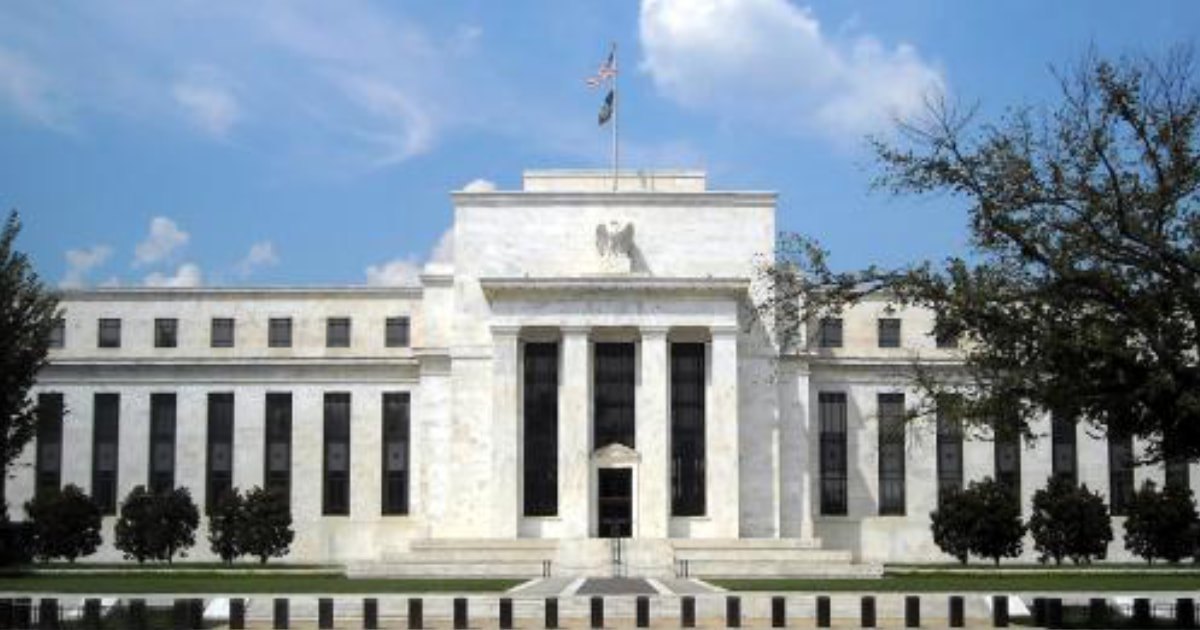|
By Chris Rossini
In a recent interview with CNBC, Elon Musk made a comment about the Fed and interest rates. He said: "You can think of raising the Fed rate as somewhat of a break pedal on the economy, frankly. It makes a lot of things more expensive." Now at face value, what Musk is saying seams reasonable. The Fed lowers interest rates and economic activity increases. They raise interest rates, and economic activity slows down. It does seem like the Fed is 'in charge' of how active the economy is. But it's important to look beyond what seems to be so obvious. Activity does not necessarily lead to prosperity. Activity must be economical and profitable in order to produce prosperity. One can be very active in producing things that people don't want in relation to other things. Unfortunately, that's exactly what the Fed specializes in creating on a massive scale. When the Fed artificially lowers rates, yes, economic activity picks up, but the Fed is actually distorting the economy. Businesses and individuals are making investments in the wrong things (uneconomic things). They're making investments in projects that seem profitable, but in the end, will be exposed as being unviable. At rates near 0%, everything looks like a good idea. But that 0% is fake! You end up seeing a boom (i.e., lots of activity), but the boom is artificial. The bubbles are easy to spot. In the late 1990's, it was dot-coms. Then it was real estate, government bonds, tech, and many crypto projects. And let's not forget the biggest bubble of them all - government spending! So the Fed, by artificially suppressing interest rates, isn't 'hitting the gas pedal on the economy.' They're hitting the gas pedal on the creation of uneconomic investments within the economy. That's all bad. First, it ensures that there will have to be an economic bust. Since The Fed is fostering the creation of a huge amount of uneconomic investments, those investments will have to be liquidated. When are those uneconomic investments liquidated? When the Fed is forced to raise interest rates. When is the Fed forced to raise interest rates? When prices start to spiral upwards as a result of all the money printing at artificially low rates. So what we see is not a Fed that is in control of the economy, as many people falsely believe. That's impossible. The economy is controlled by economic laws, not central banks. Rather what we see is a central bank that is in control of creating a mountain of uneconomic investments throughout the entire economy, which then must be liquidated. The Fed "steps on the gas," creating uneconomic bubbles. And then they "step on the brakes" to pop those bubbles. Understanding this makes it easy to see that The Fed is a detriment to the economy. It provides us with no benefits. The economy does not need an institution that fixes the price of interest rates and that prints money. In fact, the economy needs to be freed from such an institution in order to function properly. Comments are closed.
|
Archives
July 2024
|


 RSS Feed
RSS Feed



